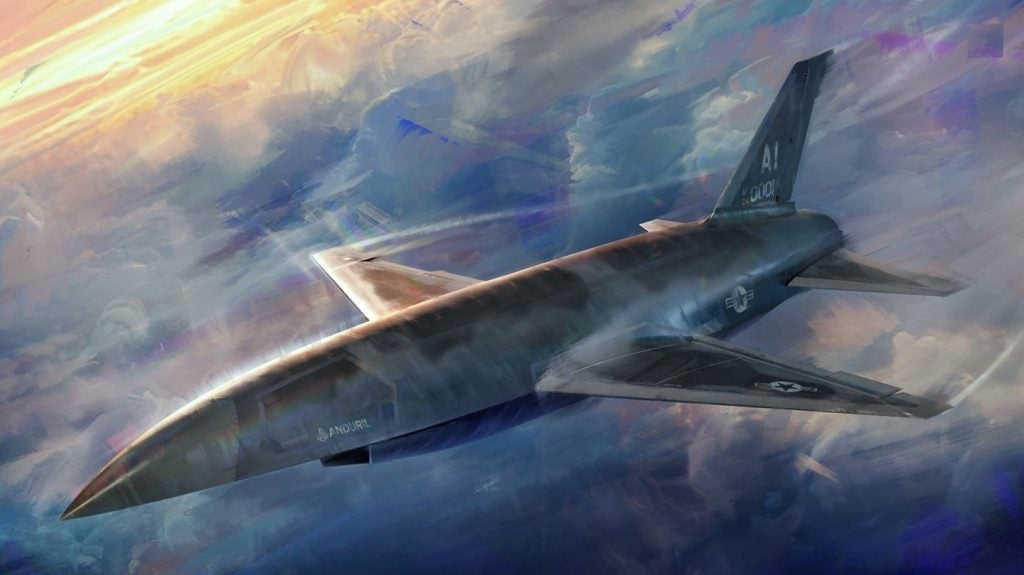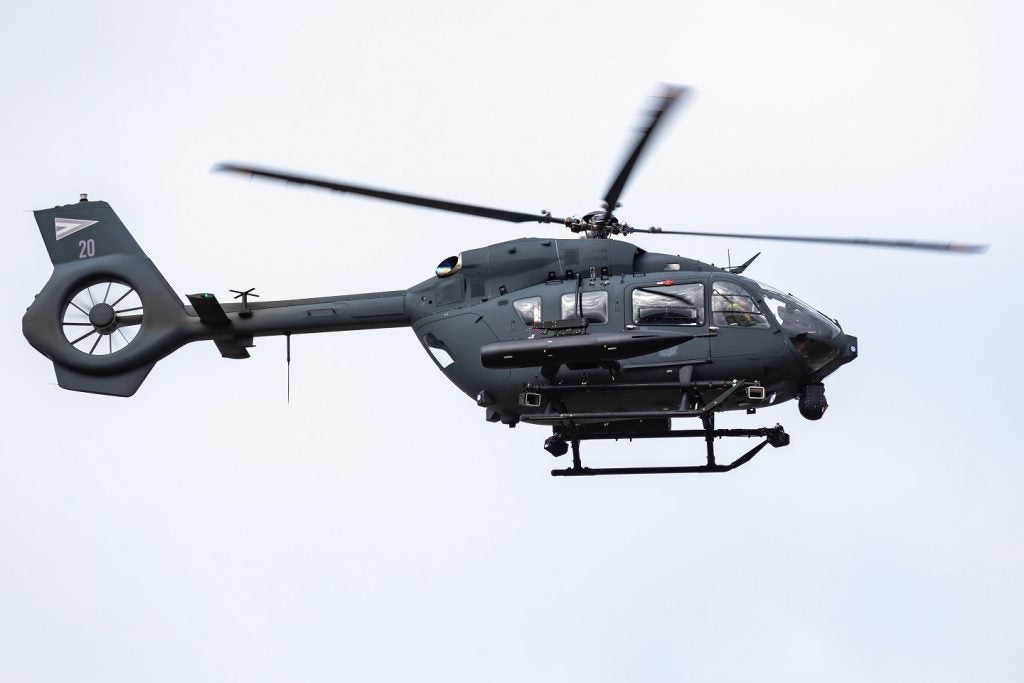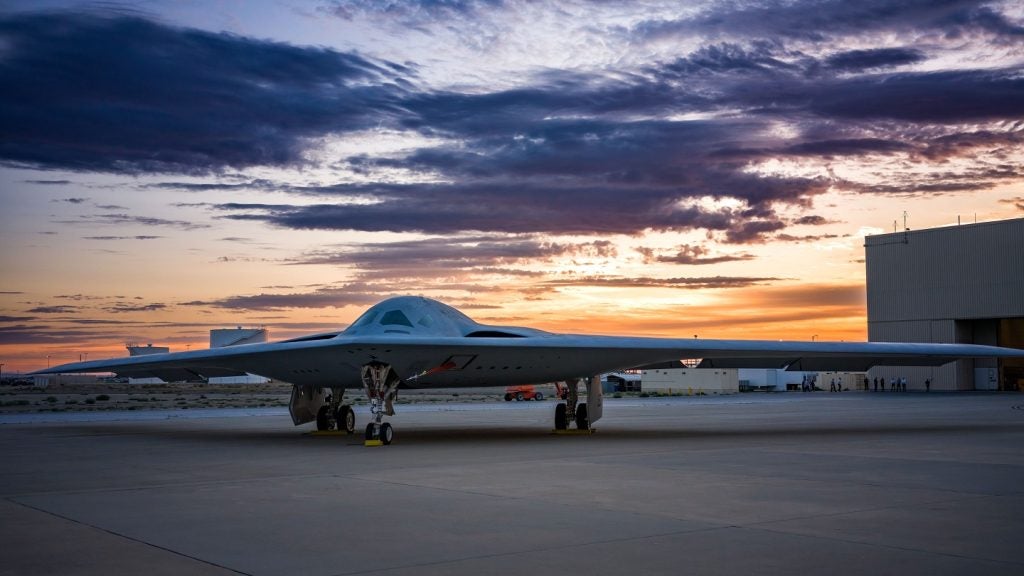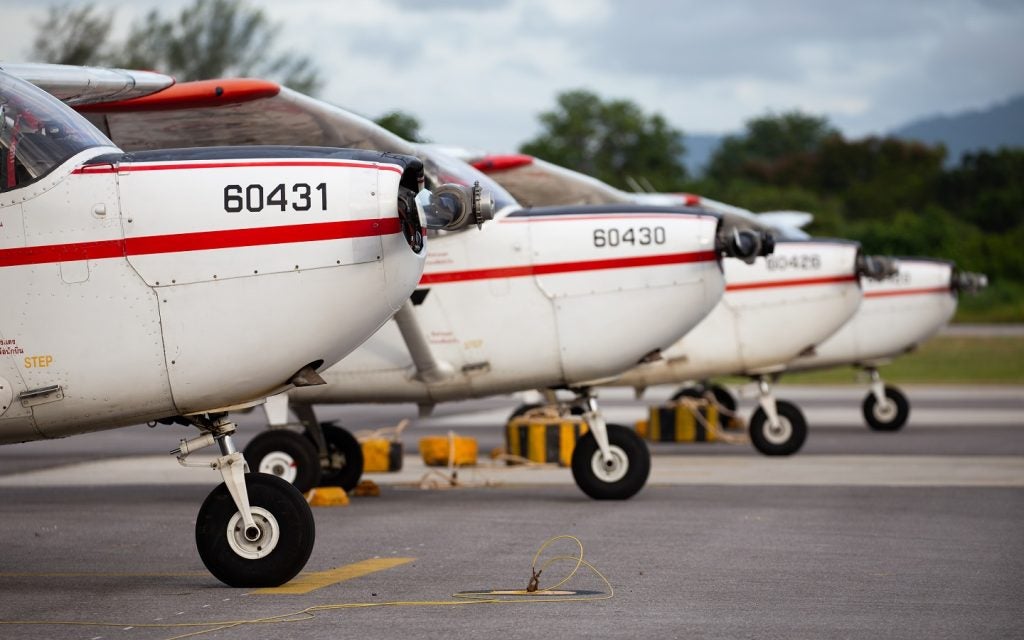United Launch Alliance (ULA) has secured a contract to launch the US Air Force (USAF) Space Test Program-3 (STP-3) mission.
Valued at around $191m, the contract was awarded through a competitive process under the USAF’s Phase IA procurement strategy, which reintroduces competition for national security space launch services.
ULA president and CEO Tory Bruno said: "ULA offers the most reliable ride to space. With a mission success record of 100% and a tremendous heritage of 71 consecutive successful Atlas V launches, we provide the best overall launch service for our customers. ULA is the choice for customers when a critical payload must be delivered to space on time and safely."
Launch vehicle production, mission integration and launch operations and spaceflight worthiness are all covered in the contract.
In 2019, the STP-3 mission will be carried out onboard an Atlas V 551 vehicle from Space Launch Complex-41 at Cape Canaveral Air Force Station in Florida, US.
See Also:
The mission comprises a primary space vehicle (STPSat-6) and an integrated propulsive evolved expendable launch vehicle (EELV) secondary payload adapter (ESPA) holding up to six payloads (IP-ESPA).
How well do you really know your competitors?
Access the most comprehensive Company Profiles on the market, powered by GlobalData. Save hours of research. Gain competitive edge.

Thank you!
Your download email will arrive shortly
Not ready to buy yet? Download a free sample
We are confident about the unique quality of our Company Profiles. However, we want you to make the most beneficial decision for your business, so we offer a free sample that you can download by submitting the below form
By GlobalDataIt will host the National Nuclear Security Administration (NNSA), space and atmospheric burst reporting system-3 (SABRS-3) payload and Nasa laser communications relay demonstration (LCRD) payload.
Seven science and technology (S&T) payloads will also be provided by the Department of Defense Space Test Program on STPSat-6.
To date, ULA has launched more than 115 satellites to provide critical capabilities for troops in the field, aid meteorologists in tracking severe weather, and enable personal device-based GPS navigation.







